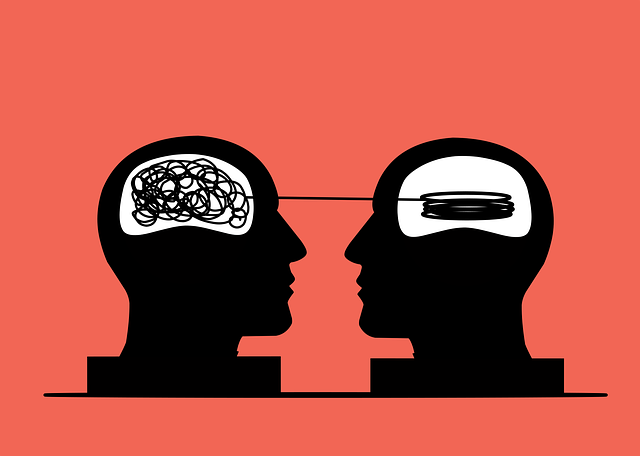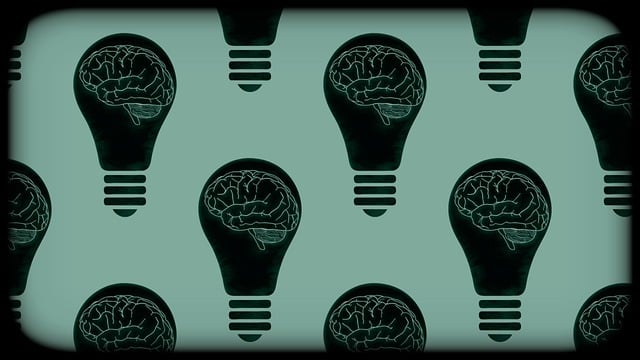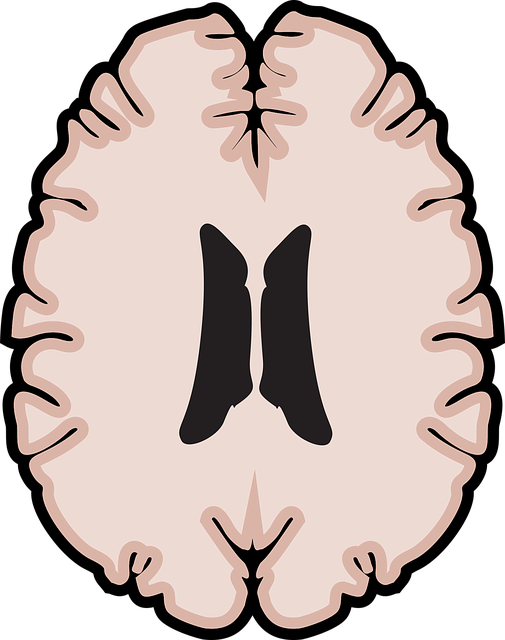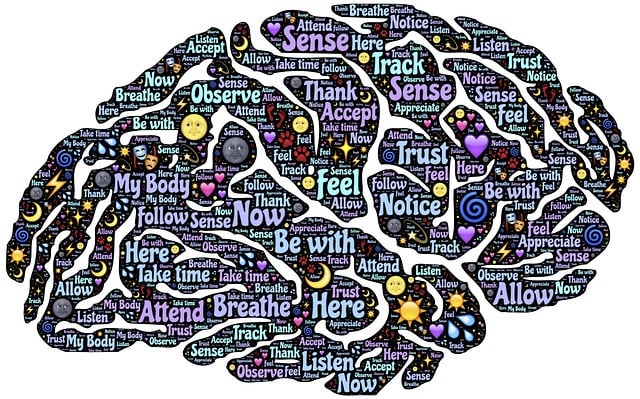The text highlights the significant impact of stigma surrounding mental illness, emphasizing its detrimental effects on individuals' emotional well-being and their willingness to seek help. It discusses how public awareness campaigns and therapy play crucial roles in breaking down this stigma by educating, promoting understanding, encouraging supportive environments, and normalizing conversations around mental health. Denver Functional Neurological Disorder Therapy (FND) is featured as a specialized support system for residents dealing with FND, emphasizing evidence-based techniques tailored to individual needs, offering hope and improved quality of life. Community engagement through workshops, webinars, and events also contributes to fostering a culture of care and acceptance within the Denver community.
Mental illness stigma remains a significant barrier to seeking help, with profound impacts on individuals’ well-being. This article explores comprehensive strategies aimed at reducing the stigma surrounding mental health issues, including understanding its root causes and effects. We delve into the transformative power of therapy in challenging societal perceptions, highlight community engagement and education initiatives, and examine policy changes as game-changers in fostering a more supportive environment. For individuals grappling with conditions like Denver Functional Neurological Disorder, these efforts promise a path to enhanced access and understanding.
- Understanding Stigma and its Impact on Mental Health
- The Role of Therapy in Combating Stigma
- Community Engagement and Education Strategies
- Policy Changes and Their Effectiveness in Reducing Stigma
Understanding Stigma and its Impact on Mental Health

Stigma surrounding mental illness can have profound effects on individuals’ emotional well-being and their willingness to seek help. It often manifests as negative attitudes, beliefs, or stereotypes about people with mental health conditions, leading to discrimination and social exclusion. This internalized shame can significantly impact a person’s self-perception, causing them to isolate themselves and avoid necessary support systems, such as Denver functional neurological disorder therapy. As a result, many suffer in silence, exacerbating their symptoms and hindering their ability to lead fulfilling lives.
Public awareness campaigns play a pivotal role in fighting this stigma by educating the public about mental health issues. These initiatives can help promote understanding, foster empathy, and encourage supportive environments. By normalizing conversations around mental illness, we can reduce fear and mistrust associated with seeking therapy or adopting self-care practices. Ultimately, stigma reduction efforts aim to ensure that people experiencing mental health challenges receive the compassion and care they deserve.
The Role of Therapy in Combating Stigma

Therapy plays a pivotal role in combating mental illness stigma by providing individuals with a safe space to understand and manage their conditions. Through various therapeutic approaches, such as Denver Functional Neurological Disorder Therapy, people can gain insights into their thoughts, emotions, and behaviors, fostering self-acceptance and inner strength development. This process helps challenge societal misconceptions and promotes empathy among those without similar experiences.
Furthermore, therapy equips individuals with effective coping strategies for stress management workshops organization. By learning to navigate life’s challenges with resilience, people can reduce the likelihood of their mental health becoming a source of stigma. These skills not only empower individuals but also contribute to a broader culture where mental illness is approached with understanding and support rather than judgment.
Community Engagement and Education Strategies

Community engagement plays a pivotal role in reducing the stigma surrounding mental illness. By fostering open dialogues and sharing resources, Denver functional neurological disorder therapy centers can help dispel misconceptions and promote understanding. Educational initiatives such as workshops, webinars, and community events focused on mental health awareness can empower individuals to recognize symptoms, offer support, and reduce judgment. These efforts create a supportive network where everyone feels safe to seek assistance without fear of stigma or discrimination.
Integrating compassion cultivation practices into community engagement strategies is particularly effective. Teaching self-care routine development for better mental health through mindfulness exercises, stress management techniques, and emotional regulation skills equips individuals with valuable tools to navigate their well-being proactively. Such self-care practices not only promote resilience but also foster a culture of care and acceptance, further contributing to stigma reduction efforts in the Denver community.
Policy Changes and Their Effectiveness in Reducing Stigma

Mental illness stigma reduction is a multifaceted approach that includes understanding its impact, utilizing therapy as a tool, engaging communities through education, and implementing policy changes. By addressing these areas, we can foster a more accepting society for those dealing with mental health challenges, such as functional neurological disorders in Denver or beyond. Continuous efforts to destigmatize mental illness are essential to ensuring individuals receive the support and care they need without fear of judgment or exclusion.









